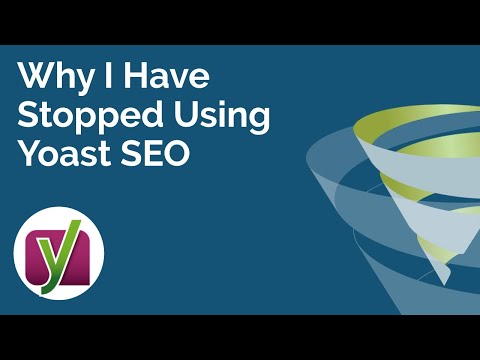
You may be familiar with the ever-popular WordPress SEO plugin Yoast. It is extremely helpful when it comes to optimising your website for SEO. What’s more, if you are a premium user, then you will have access to the many other useful features it offers.
Yoast works very well and we use it daily, utilising its premium features to help us improve our SEO efforts. But it’s not good when those extra features decide to break your website.
Let us explain
The problem lies in the 301 redirect function of Yoast. When you add a basic URL to redirect to another basic URL – for example, mydomain/old-page to mydomain/new-page – then it will do what you’d expect: it will send you to the alternative page you have requested. It works great and there is no problem.
However, if you wanted to redirect mydomain/old-page?utm_source=email to mydomain/new-page?utm_source=email then the user will encounter a 404 error page.
The reason this is happening is because a parameter (?) has been added to the URL. A parameter is a way to pass information about a click through a URL. It seems that the Yoast SEO premium plugin does not handle parameters at all, which is frustrating as it won’t always be you manually adding them.
Recent SEO Blog Posts
For example, if you are using Google Ads, they will automatically add a parameter to the end of every clicked link in your campaign. Adding a GCLID to the end each one – ie mydomain.com/new-page?GCLID= – links everything together, like what keyword they matched, what search query they typed, when this happened and so on.
Every time Google Ads adds these parameters to your URL and you have used the premium Yoast 301 redirect plugin feature, the user will find a 404 page. Be sure to check any outstanding ads you have running as you could waste budget and time if the links are broken.
Other examples where this is happening are when using Google Analytics and MailChimp. These use UTM tags, which are a snippet of text you can attach to the end of a URL to track a source and campaign name. They also turn out to be parameters that, again, throw up errors when added to the end of your URLs with the redirect function in Yoast SEO.
There are hundreds of systems and hundreds of reasons why you’d want to use parameters in your URLs. This just makes it all the more frustrating when the Yoast Premium redirect function is breaking them.
What you can do
We have a few suggestions you can do while Yoast SEO hopefully fixes this problem soon:
- Find an alternative 301 redirect plugin to use (there are many available on WordPress) in the meantime or implement with .htaccess
- A less practical solution is to stop the external URLs in those external systems adding parameters
- Join us in asking Yoast support to quickly fix this issue in the hope that this premium feature can be used to its fullest










